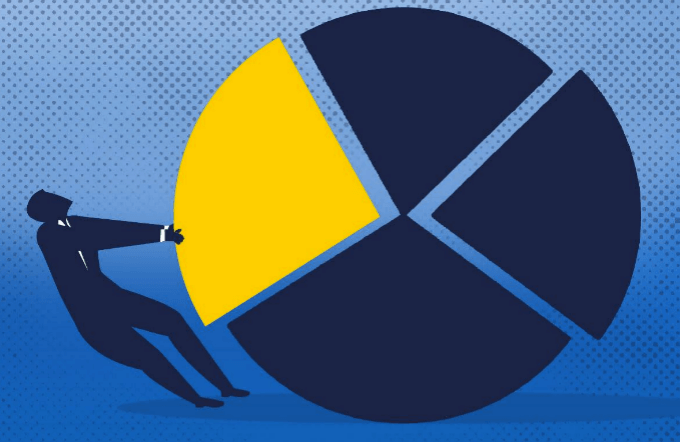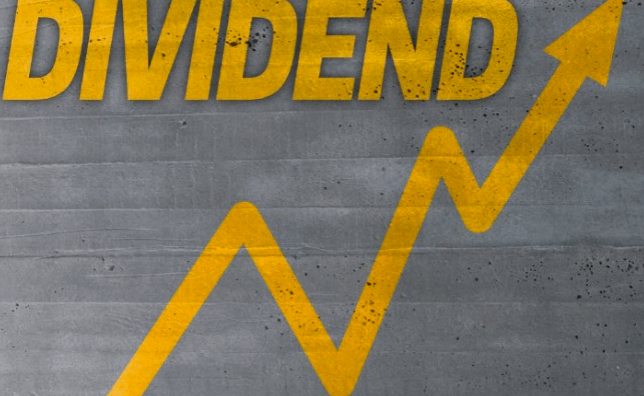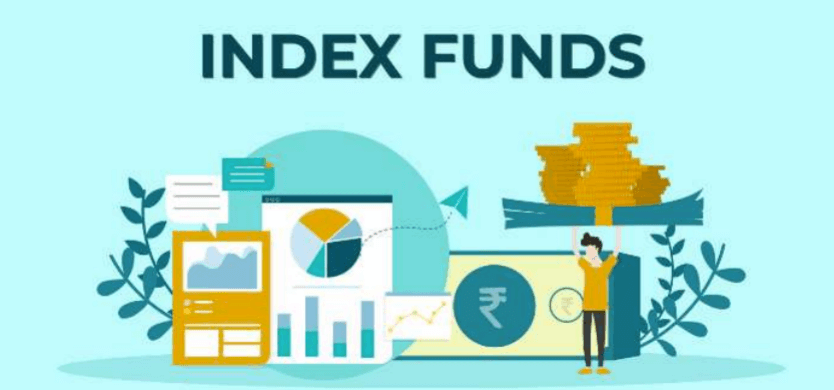There are many studies on company's dividend policy. Everyone will pay attention to whether a company will pay dividends, how much and when will they pay dividends. Naturally, there are many theories in this regard. Many factors may affect a company's dividend policy, such as the stability of the company's earnings, the dividend policy of competitors, past dividend rates, and what information a new dividend policy will convey. In this article, we will focus on the message conveyed by the dividend policy.

People tend to think twice when they pay out. Likewise, the company's management will also be very serious in formulating dividend policies. Therefore, the company's dividend distribution will inevitably convey some information to us, such as the company's performance and the company's future development direction. In other words, aside from the money itself, we can dig out a lot of useful information from a company's dividends.
No company will fully disclose its operating conditions and financial information, and investors need to obtain this information from all possible channels. As a result, alert analysts and investors will actively read news about companies' dividends. Of course, the directors and managers of a company also know that dividends not only return to shareholders but also convey some information about the company to the outside world.
In 1985, Melton Miller and Kevin Locke carried out a groundbreaking study suggesting that we can infer a company's prospects from its dividend announcements. Dividend policies reflect a company's business philosophy and future profitability. Previous research has also shown that the volatility of a company's stock price is positively correlated with dividend claims.

An article by Michel Hanlon et al. in 2006 proved that a company's dividend policy can indeed convey some information about a company's future earnings, which is also reflected in the stock price. For sure, the size of a company's dividend is as important as whether it is to distribute dividends. The amount of dividends distributed by different companies will be somewhat different. The direct purpose of many investors' shareholding is to ultimately obtain high dividend yields. Simply put, a company's dividend cut can be seen as bad news, and an increase is good news. However, the situation in reality is often much more complicated.
The current research results on dividend policy are complex and contradictory. Dividend policies vary widely across industries or sectors, both in theory and in practice. For example, one study showed that the dividend policy of commercial banks can be very different from that of manufacturing companies. This is because commercial banks implement unified supervision to ensure that banks have a certain amount of capital reserves, allowance for doubtful accounts and etc. These regulations are obviously bound to affect the company's dividend policy.
In addition to the company's profitability, we should also pay attention to the economic efficiency behind the company's profitability. There is empirical evidence that there is a positive relationship between a company's economic efficiency and its dividend level. Therefore, the dividend policies made by companies pursuing short-term profits and long-term profits will be very different.

Traditional theory holds that dividends should move in the same direction as earnings. But some studies have found that this logically plausible theory is not universally applicable. While this is a bit disappointing, when it comes to investment, nothing is ever 100% certain. However, just as we judge the direction of the market, dividends can also aid our investment decisions. Investors need to keep in mind that a company's dividend policy communicates something other than a cash return to shareholders. While we carefully analyze these news, we also need to make judgments based on the actual situation of the company and the information obtained from other channels.





